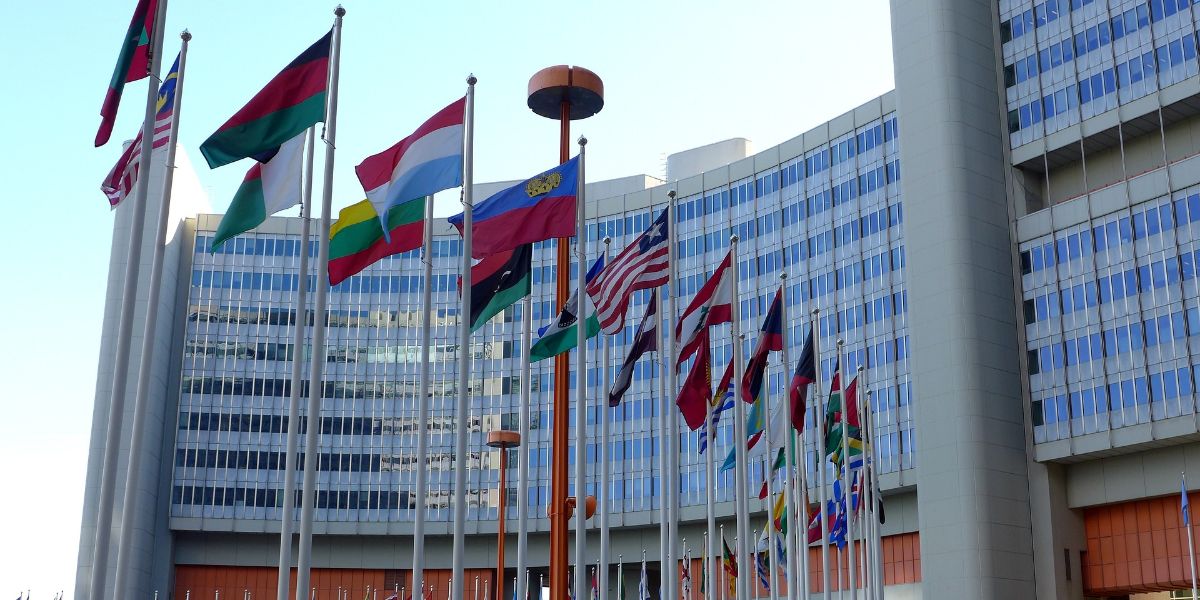On 6 August 2020 the United Nations (UN) published draft Article 12B for the UN Model Double Taxation Convention, to provide for the allocation of taxable income from automated digital services.
The draft Article states that income from automated digital services arising in a contracting state may be taxed by that state, but if the beneficial owner is resident in the other contracting state the tax charged (i.e. withholding tax) may not exceed a specified percentage of the gross income. The percentage to be applied is to be established by negotiation between the parties to the agreement.
However paragraph three of the draft Article states that the beneficial owner of the income may require the contracting state where the income is sourced to subject the “qualified profits” from automated digital services for the relevant year to the normal tax rate applying in that state.
For this purpose “qualified profits” are 30% of the amount resulting from applying the beneficial owner’s profitability ratio (or the profitability ratio of its automated digital services segment if available) to the gross annual revenue from automated digital services derived from the source state. If the beneficial owner is a member of a group the profitability ratio of the group (or of its business segment relating to automated digital services) is to apply.
The profitability ratio of the group to which the beneficial owner of the income belongs is calculated by dividing the total annual profits by the total annual revenue, based on the consolidated accounts of the group or on the segment that relates to automatic digital services.
Automated Digital Services
For the purpose of the Article the term “income from automated digital services” means payments for services provided on the internet or an electronic network requiring minimal human involvement from the service provider. The term does not include payments qualifying as fees for technical services under Article 12A of the treaty.
The commentary to draft Article 12B states that automated digital services include online advertising services; online intermediation platform services; social media services; digital content services; cloud computing services; sale or other alienation of user data; and standardised online teaching services.
Excluded from the definition are customised services provided by professionals; services providing access to the internet or to an online network; online sale of goods and services other than automated digital services; and certain other specified services.
Level of Withholding Tax
The commentary to the draft article suggests that the level of withholding tax to be negotiated by a contracting state should take into account that a high level of withholding tax may lead to the resulting additional costs being passed on to consumers in that state. Also, if the withholding tax rate is higher than the limit for deduction of a foreign tax credit in the country of residence, this could deter foreign investment.
As the withholding tax is based on gross payments, service providers with high costs of providing the digital services may find that the withholding tax is an excessively high proportion of their net income.
The commentary suggests that the relative flow of payments for automated digital services, for example from a developing country to a developed country, should be taken into account in negotiating this Article of the treaty.
Next Steps
The draft Article 12B must next be reviewed by the digital economy subcommittee of the UN Committee of Experts on International Cooperation in Tax Matters and must then be reviewed by the full Committee.













